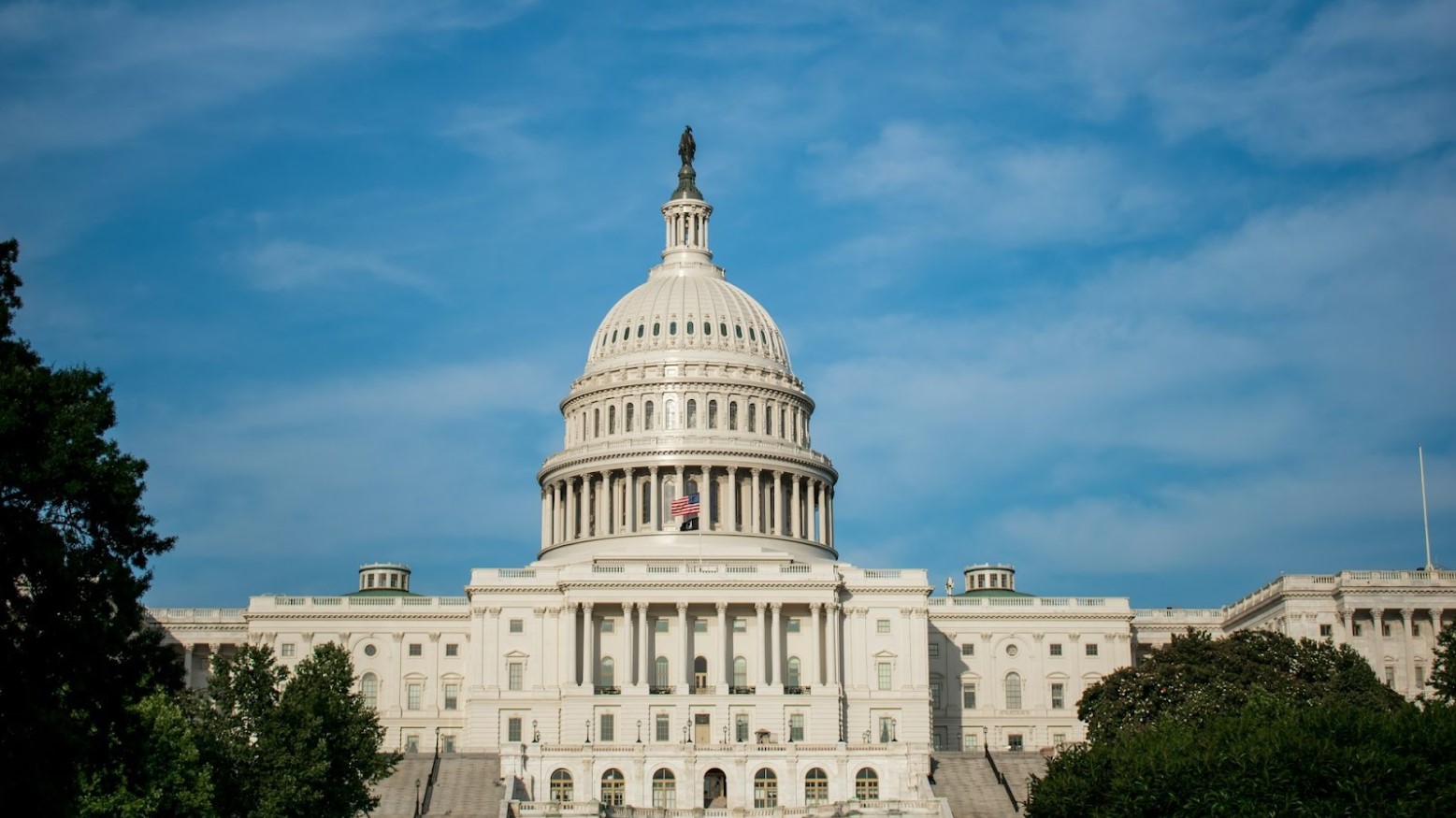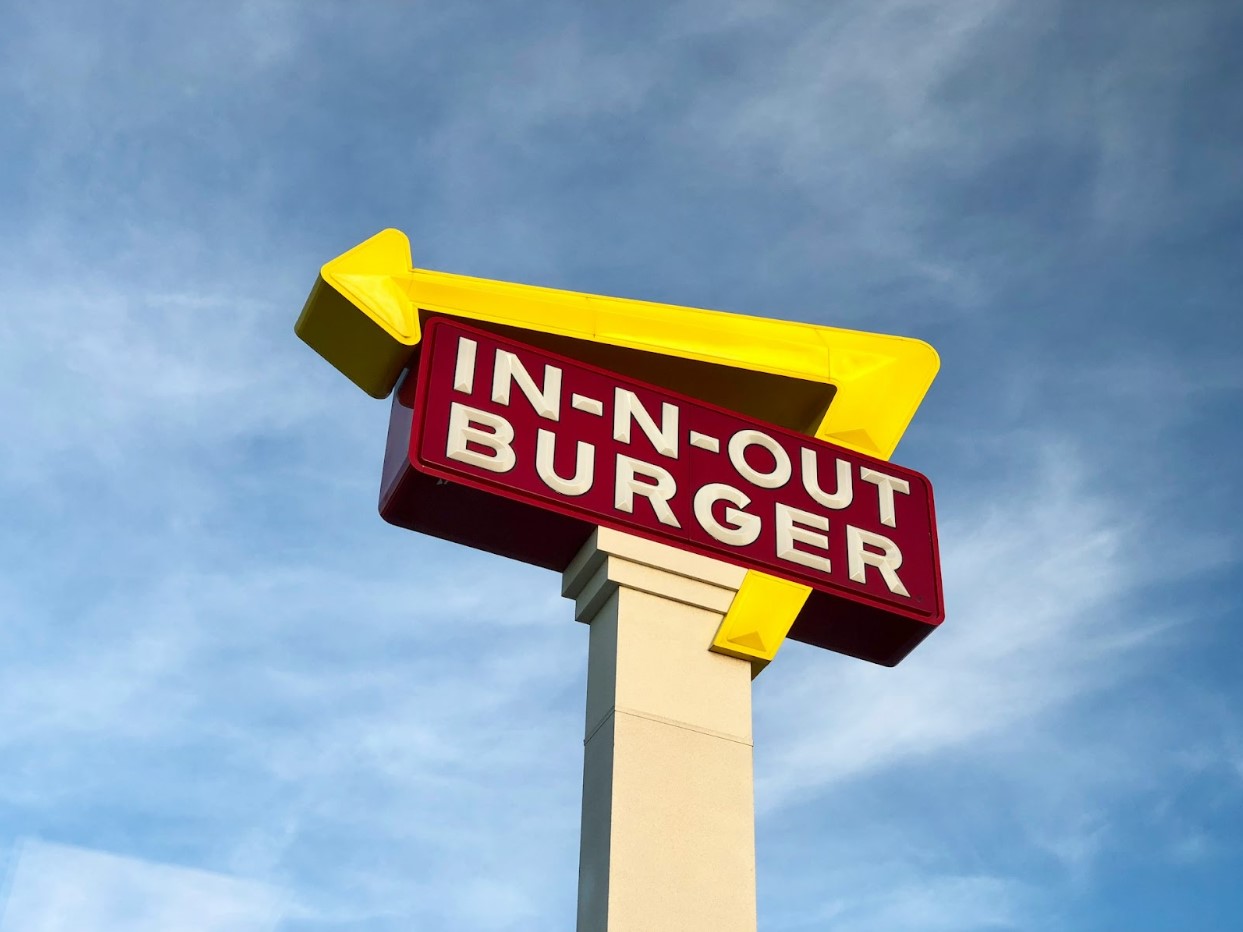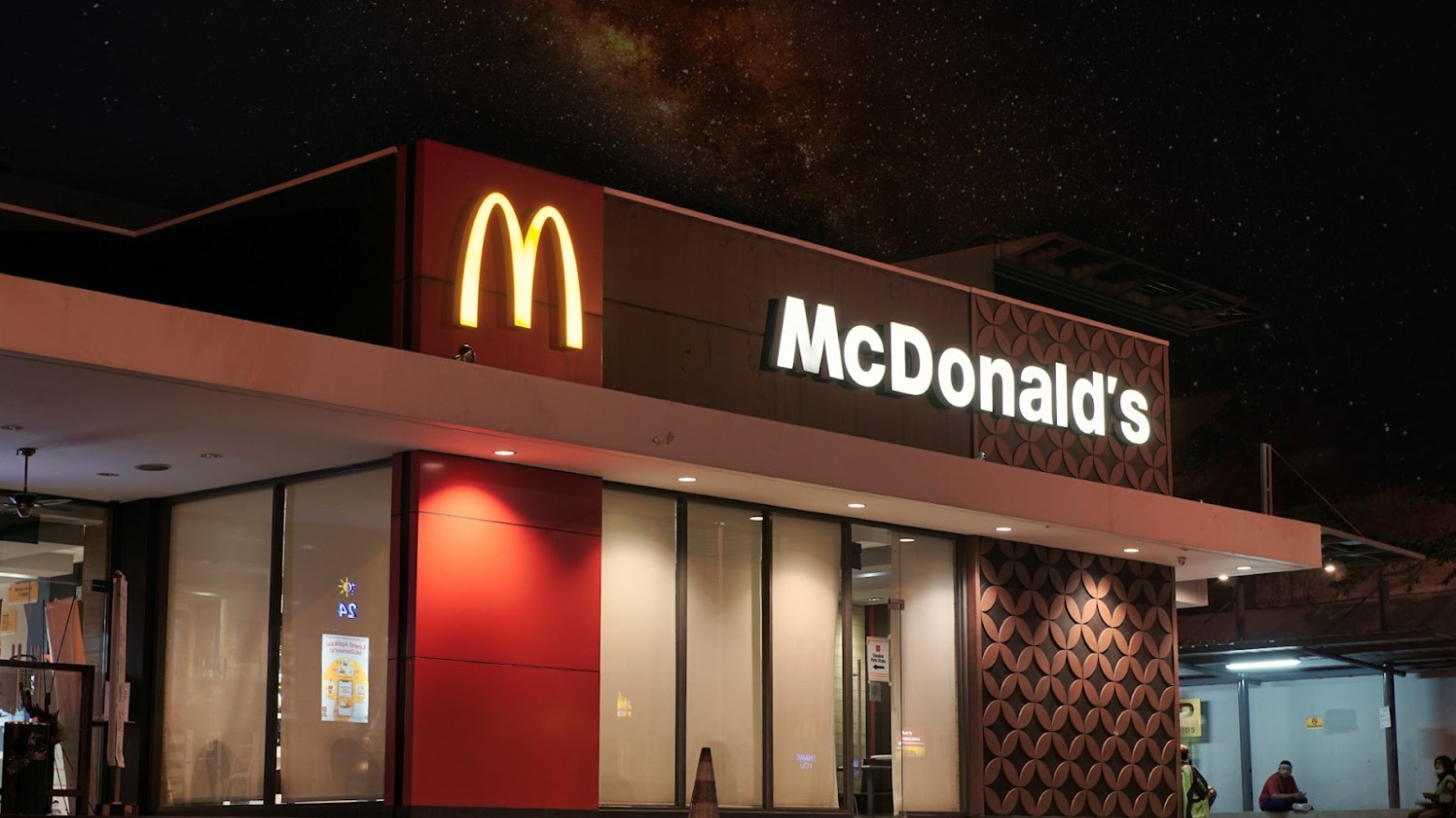The impact of California’s minimum wage hike continues to be felt by fast-food operators in the state. Stores are closing, prices are rising and some restaurants have even filed for bankruptcy as a result of the wage increase.
Now, a popular California pizza restaurant is cutting corporate ties with the state and moving its head office elsewhere in an effort to cut costs.
California’s Blaze Pizza

Blaze Pizza is a popular pizza chain famous for making to-order pizzas. The chain has more than 300 restaurants across 38 states and six countries.
They’re a California brand founded in Pasadena in 2011. They opened their first location in Irvine in August 2012 before opening their second flagship restaurant in Pasadena in October of the same year.
Move of Corporate Offices

Blaze Pizza has been a California brand since its inception. In the face of increased costs of operating in the state, the company is moving its corporate offices out of California.
Blaze Pizza announced that it is relocating its corporate headquarters from Pasadena to Atlanta, Georgia. The move out of California will see Blaze Pizza reduce its state corporate tax by more than a third.
Not Leaving the State Entirely

Blaze Pizza has confirmed that this is a move of corporate offices only and its 7,500 employees at restaurant level won’t be affected. A small number of corporate employees will be offered relocation opportunities.
Blaze Pizza CEO Beto Guajardo wanted to reinforce the brand’s long California association despite the move. He stated that Blaze Pizza has “tremendous heart for communities across the state where so many of our restaurants are.”
Blaze Not the Only Business to Ditch California

This move of offices by Blaze Pizza is just part of a wave of corporate moves out of the Golden State. They join Neutrogena ditching California for New Jersey, Unical Aviation moving to Arizona and QuickFee relocating operations to Texas.
Blaze Pizza sees the move as the best thing for them strategically, saying it will spark the company’s “next wave of growth.”
California’s Wage Increase

In September last year, Gov. Gavin Newsom signed a law to increase the minimum wage for fast-food workers in the state to $20 per hour.
The move, which now sees California fast-food workers enjoying some of the highest minimum wages in the country, has not been met uniformly with praise. The California Business and Industrial Alliance (CABIA) criticized Newsom for pushing the law through, as many businesses in the state have had to increase their prices.
National Wage Increases

The $20 per hour minimum wage for fast-food workers is 25% more than the standard minimum wage of $16 per hour in California, which itself is an increase that came into effect at the start of the year.
Interestingly, Congress is not touching the minimum wage on a national level and hasn’t in years. It currently sits at $7.25 per hour. Instead, minimum wages are seen by the U.S. government as being a state-level issue.
Other Restaurants Feeling the Squeeze

Blaze Pizza is far from the only restaurant chain in California to feel the impact of the minimum wage increase.
Another prominent California fast-food chain In-N-Out Burger told local news station KTVU that it had been forced to raise menu prices across the state in response to the wage increase for fast-food workers.
Attempts to Pre-Empt the Impact

McDonald’s has also increased their prices in recent years as wages and other operating costs have gone up. A McDonald’s franchisee who operates 18 outlets in California has also considered delaying renovations and reducing store hours to offset the impact.
Before the wage increase law even went into effect, chains including Round Table and Pizza Hut let go of more than 1,000 delivery workers as they braced for the impact of the wage increase.
Some Restaurants Have Folded

The financial impact has been so severe that some beloved California restaurant chains have gone bankrupt.
Renowned Mexican chain Rubio’s Coastal Grill filed for Chapter 11 bankruptcy. The move came after Rubio’s had already closed 48 of its California locations in the wake of the minimum wage increase for the state’s fast-food workers.
Obituaries for California Businesses

To really hammer home their criticism of Gov. Newsom’s minimum wage hike and the ramifications it’s having on businesses, CABIA ran a page of mock “obituaries” for popular brands.
The full-page ad in USA Today was titled “In Memoriam: Victims of Newsom’s Minimum Wage.” It highlighted the issues faced by both large brands like McDonald’s and smaller chains like Rubio’s.
The California Exodus

The effects of California’s minimum wage increase on the state’s business ecosystem are likely to be ongoing for some time. The disruption these increased operating costs have caused has far from leveled out.
California has long been a state that perhaps isn’t the friendliest to businesses with its high taxes. Add this minimum wage increase to the mix, and expect to see more businesses opt to move their operations out of the state in an attempt to reduce costs and remain profitable.
